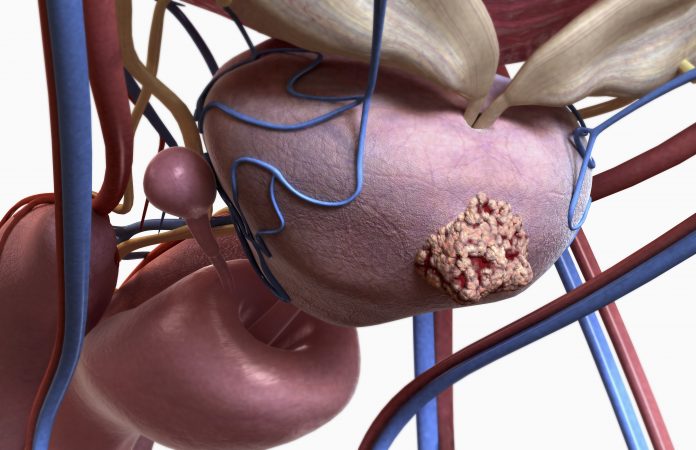
Men with a specific prostate cancer mutation could benefit from treatment with dual immunotherapy with immune checkpoint inhibitors.
Writing in the Annals of Oncology, Niven Mehra, MD, PhD, an oncologist and researcher based at the Radboud University Medical Center in the Netherlands, and colleagues report that men whose tumor had a specific mutation, known as MMRd, had a significantly extended progression free survival time of 33 months compared with around four months in patients with other mutations.
Cancer immunotherapy has been very successful for some forms of cancer, but it has not shown widespread success in treating men with prostate cancer. However, looking more closely at past studies, some patients seem to respond whereas others do not.
This is believed to be due to specific tumor mutations. “We discovered that men who responded well to immunotherapy had specific DNA errors in their tumors. These genetic abnormalities cause protein changes that activate the immune system, making immunotherapy more effective,” said Mehra in a press statement.
In the current study, Mehra and team assessed how men with four different types of prostate cancer tumor mutations—MMRd, hTMB, BRCAm, and CDK12i—responded to treatment with ipilimumab and nivolumab, two different immune checkpoint inhibitors. These four mutations account for about 15% of all prostate cancer cases.
The primary endpoint of the phase II trial was the disease control rate at six months. This was observed across different molecular subgroups of tumors, but the best results were seen in those with a MMRd tumor type. The disease control rate in this group was 81%, versus 25%, 19% and 15% in the hTMB, CDK12i and BRCAm, respectively.
Median progression-free survival in the four groups was 3.8, 1.6, and 3.5 months in the hTMB, CDK12i and BRCAm groups, respectively, versus 32.7 months in the MMRd group. Median overall survival was a respective 10.3, 10.3, and 7.1 months in the hTMB, CDK12i and BRCAm groups and ranged from 24.8 months to not reached in the MMRd group.
“It’s not a large group, but for these patients, immunotherapy can significantly slow the progression of prostate cancer,” said lead author Sandra van Wilpe, a clinician scientist also based at Radbound University. “We see that with immunotherapy, the cancer remains controlled for 33 months, which is a remarkable result.”










